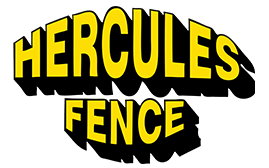
Learn how to plant a living fence with vines.
While fences can be beautiful on their own, some fences need a little more help to enhance your home and yard. Chain link fences, for example, are great because they are affordable and easy to install, but homeowners may wish they were a little more aesthetically pleasing. With the help and vines and plants, any fence can be transformed into a beautiful garden.
Choose Your Type Of Vines
When planting vines to cover your residential fence, there are a few options to choose from. Ask yourself if you want flowering vines full of pops of color or foliage vines. Also, ask yourself if you want an evergreen or a deciduous vine and if you want an annual or perennial vine.
Flowering Vines
If you choose flowering vines full of gorgeous colors and smells, you have a few options. Annual flowering vines are fast growing, and some great vines include Black-eyed Susan Vine, Passion Flower, and Morning Glory. If you prefer perennial vines, look for Dutchman’s Pipe, Clematis, or Climbing Hydrangea.
Foliage and Evergreen Vines
Foliage vines can bring a lovely look to any yard, as many foliage vines on fences have beautiful fall colors. When looking for foliage vines, try Hardy Kiwi, Silver Fleece Vine, or Purple Leaved Grape.
Evergreen vines can make your fence and yard look stunning all year round, even during the winter. A few great options for chain link fences include Boston Ivy, Creeping Fig, and Carolina Jessamine.
Vines To Stay Away From
Before you start planting any vines on your fence, be aware that some vines are not fence-friendly and can cause damage. These vines include fast-growing, woody vines as well as invasive species of vines. Woody vines, including wisteria and trumpet vines, are beautiful in gardens, but they are not suitable for wooden fences. The vines will hold extra moisture against a wood fence, causing it to rot or grow fungus. The strong roots can also cause damage by getting tangled in your fence and causing breakage. Invasive species such as English ivy, wintercreeper, and Japanese honeysuckle are hazardous to the environment as well as the appearance of your fence, as they overtake ecosystems and grow rapidly on any available space.
Residential Fences for Your Home from Hercules Fence DC
Hercules Fence DC has been providing homeowners with quality fences for over 50 years. We are well equipped to meet your needs, whether they are residential or commercial. We have extensive experience working with families and pet owners to keep the most important members of their home safe, so call us today about installing a new pet fence for your family. Contact us by giving us a call at 301-441-1600 or visiting us online. To see examples of our work, follow us on Facebook, Twitter, Google+, LinkedIn, Pinterest, and Flickr.








